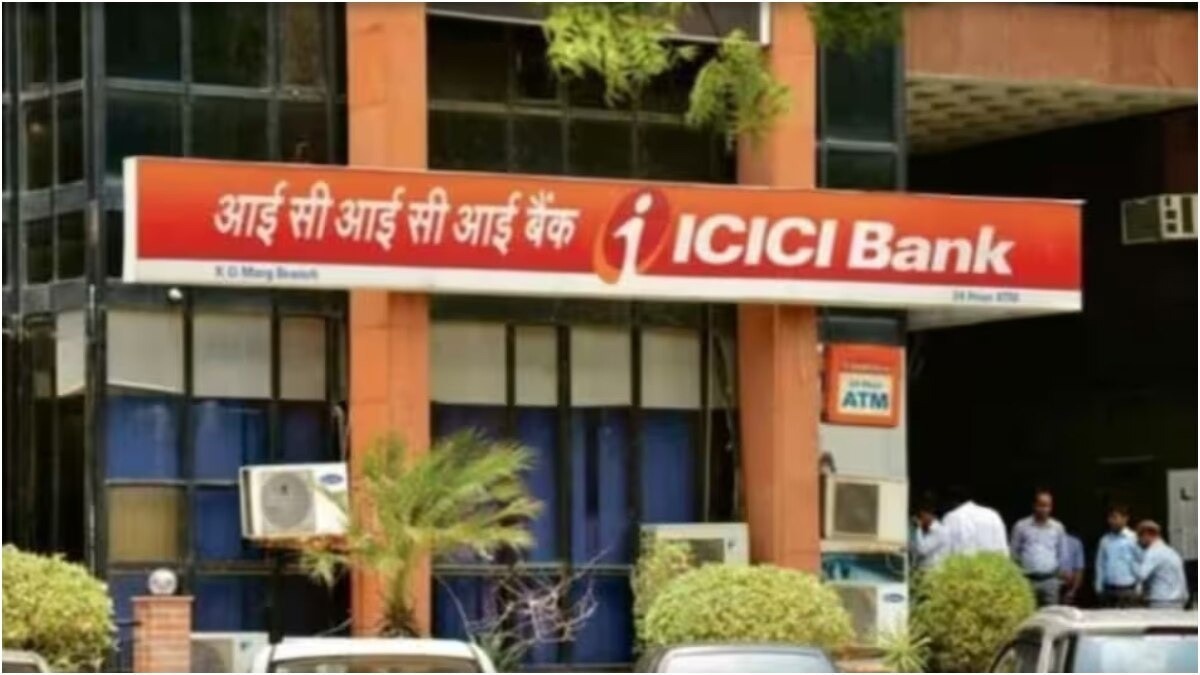
Follow WOWNEWS 24x7 on:

ICICI Bank, one of India’s leading private lenders, has raised eyebrows with its latest move to sharply hike the minimum average monthly balance (MAMB) for savings accounts in metro and urban branches. Effective August 1, 2025, new customers will now be required to maintain a minimum balance of Rs 50,000 — a fivefold increase from the previous Rs 10,000 threshold. This strategic shift signals a clear pivot toward premium banking, with implications for both affluent and everyday customers.
Key Takeaways From the Policy Shift
- The new Rs 50,000 minimum balance applies to all savings accounts opened in metro and urban branches from August 1
- Semi-urban branches now require Rs 25,000, while rural branches have been raised to Rs 10,000
- ICICI Bank’s revised thresholds are the steepest among domestic banks, surpassing HDFC Bank and far exceeding SBI, which abolished minimum balance rules in 2020
- Customers failing to meet the new balance will face penalties capped at Rs 500 or 6 percent of the shortfall
- The move is part of ICICI’s broader strategy to attract high-net-worth individuals and deepen relationships through premium services
Why ICICI Is Raising the Bar
1. Targeting Affluent Clients
- ICICI Bank is positioning itself as a premium banking destination, aiming to attract customers who maintain higher balances and are more likely to use wealth management, investment services, and premium credit cards
- The bank is responding to growing competition from mutual funds, portfolio managers, and fintech platforms that cater to high-net-worth individuals
2. Operational Efficiency and Profitability
- Higher minimum balances help banks cover operational costs and reduce the number of low-value accounts
- By focusing on “fewer but richer” customers, ICICI aims to improve profitability and reduce churn
3. Industry Benchmarking
- Compared to peers, ICICI’s new thresholds are significantly higher:
- HDFC Bank: Rs 10,000 in metro areas
- SBI: No minimum balance requirement since 2020
- Most other banks: Between Rs 2,000 and Rs 10,000
Implications for Customers
- For new account holders in metro and urban areas, maintaining Rs 50,000 monthly average balance is now mandatory
- Penalties for non-compliance include:
- 6 percent of the shortfall or Rs 500, whichever is lower
- For example, a Rs 10,000 shortfall would typically incur Rs 600, but the penalty is capped at Rs 500
- Cash transaction rules have also been revised:
- Three free cash deposits per month, up to Rs 1 lakh cumulative value
- Beyond that, Rs 150 per transaction or Rs 3.50 per Rs 1,000 deposited, whichever is higher
- Third-party cash deposits capped at Rs 25,000 per transaction
- Cheque return charges:
- Rs 200 for outward returns
- Rs 500 for inward returns
Accessibility Concerns
- The steep hike narrows accessibility for lower-income customers, pushing them toward Basic Savings Bank Deposit Accounts (BSBDAs), which offer zero minimum balance but limited features
- Customers may also consider switching to banks with more modest requirements to avoid penalties and opportunity costs
- With savings account interest rates ranging from 2.75 to 3.25 percent, the opportunity cost of locking in Rs 50,000 is significant, especially when inflation outpaces returns
Market Reaction and Broader Trends
- Banking analysts view the move as a signal of ICICI’s premiumisation strategy
- Shares of ICICI Bank remained stable post-announcement, with investors focusing on long-term profitability
- The finance ministry recently revealed that public sector banks collected nearly Rs 9,000 crore in penalties over five years for non-maintenance of minimum balances, prompting several PSBs to waive such charges
Conclusion
ICICI Bank’s decision to hike minimum savings balances marks a decisive shift in its retail banking strategy. While it may alienate some mass-market customers, the bank is betting on deeper, more profitable relationships with affluent clients. For consumers, the change underscores the importance of choosing banking partners that align with their financial habits and goals.
Sources: MSN India, Indian Express, India Today, Times Now, Orissa Post.
